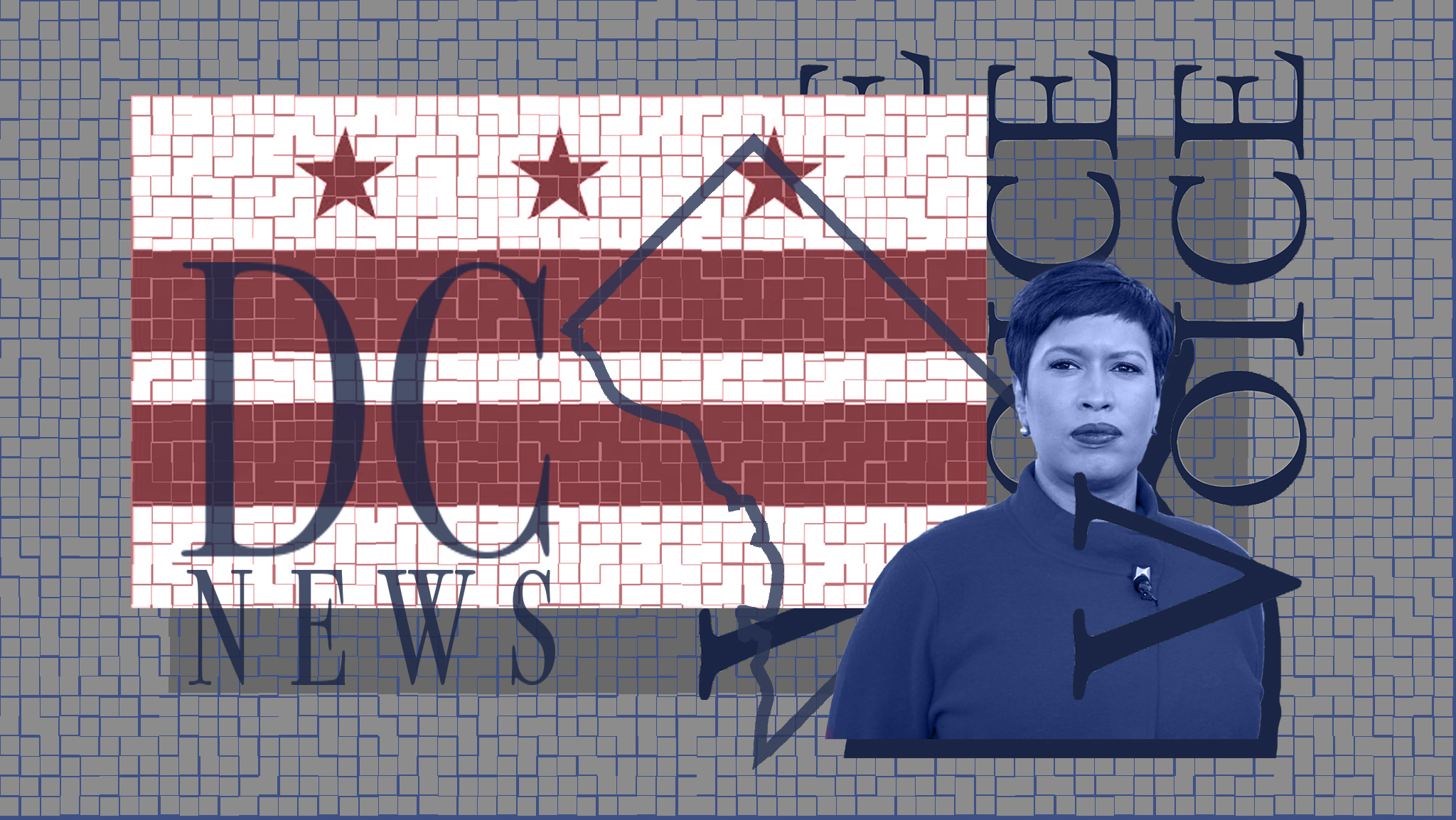D.C. City Council launched the city’s first Council Office of Racial Equity (CORE) intending to eliminate racial disparities and create accountability for racial equity in the legislative process on Martin Luther King Jr. Day.
The office was established as part of the Reach Act, which also included sections on mandatory racial equity training for D.C. governmental employees and the creation of a Commission on Racial Equity, Social Justice, and Economic Inclusion to hold the Council accountable in the future.
Washington D.C. faces several issues with racial disparities. The gap between white and Black homeownership in the District is the largest since 1900, BIPOC individuals are more likely to be denied a mortgage, and the Black unemployment rate is nearly six times larger than the white unemployment rate. Stemming from the segregationist policies of the 20th century that resulted in widespread redlining, the repercussions of a segregated District still impact families today.
The COVID-19 crisis similarly reflects the disproportionate levels of care based on racial divisions; despite representing 46 percent of the District’s population, the Black community accounted for nearly 750 of the 1,000 deaths from the virus.
Public pressure in the wake of racial justice protests of last summer pushed the Council to act. The District’s history of racial injustice, from its involvement in the slave trade to violent white supremacist reactions to Black Lives Matter protests, has drawn national attention and forced legislators to consider solutions.
Although the announcement for the office came on Jan. 18, Mayor Bowser did not announce the search for the Chief Equity Officer—who would oversee the office’s duties and collaborate with different government agencies, residents, and external stakeholders to promote racial equity—until Feb. 1, the first day of Black History Month. The officer would also have input in the D.C. budget process and work to analyze the budget cycles through a lens of racial equity.
CORE will utilize Racial Equity Impact Assessments—examinations of D.C. City Council measures to determine whether the legislation will advance racial equity or exacerbate racial inequity. The assessments are required for nearly every proposal, excluding items like street or highway closures, interstate compacts, transfers of jurisdiction, and the local budget act.
The goal of racial equity is distinct from racial equality. According to the Center for Assessment and Policy Development, racial equity is the condition that would be achieved if racial identity did not play a contributing role in determining one’s socioeconomic standing, while racial equality solely focuses on equally distributing resources regardless of race. As a result, only racial equity addresses the systemic racism inherent in government, according to the W.K. Kellogg Foundation’s Racial Equity Resource Guide.
Washington D.C. joins Fairfax County, Montgomery County, and Arlington County in creating positions to observe and examine racial inequality in drafting local legislation. The Chief Equity Officer will play an instrumental role in weighing the impact of new proposals on communities of color going forward.
“As we continue our recovery into 2021, we have a unique opportunity to double down on our efforts to put racial equity at the forefront and revitalize systems to ensure a more inclusive and prosperous future for all Washingtonians,” Bowser said.




